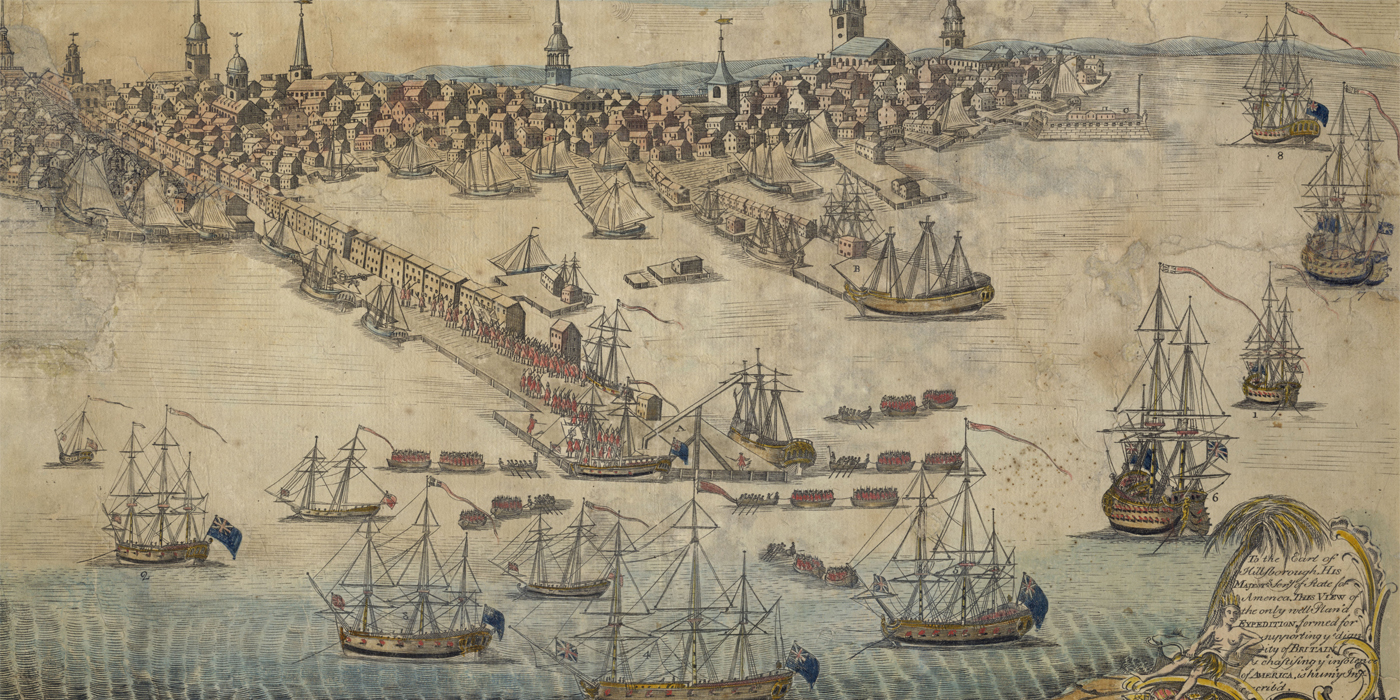Throughout the annals of history, certain individuals have emerged as transformative figures whose teachings and actions have profoundly shaped the course of human civilization. In the context of the Baha’i Faith, these influential personalities are not merely historical footnotes but are revered as exemplars of the moral and ethical guidelines that bind humanity. This exploration delves into the teachings of the Baha’i Faith as viewed through the prism of influential historical figures, showcasing how their legacies resonate with contemporary Baha’i ideals.
The Baha’i Faith, founded in the mid-19th century by Baha’u’llah, stresses the essential oneness of humanity and the progressive nature of religious truth. This perspective aligns closely with the legacies of influential people who have championed unity, justice, and compassion. Figures such as Mahatma Gandhi, Martin Luther King Jr., and Nelson Mandela demonstrate the application of principles like non-violence, love, and equality in their respective socio-political contexts. They serve as archetypes of how Baha’i teachings manifest in action, affirming that individuals can, indeed, catalyze profound change.
In assessing the life and teachings of Mahatma Gandhi, we witness the embodiment of non-violent resistance, a principle profoundly cherished in Baha’i teachings. His steadfast commitment to Satyagraha, or truth-force, reflects the Baha’i ethos that emphasizes the power of love over hatred and the redemptive capacity of forgiveness. Gandhi’s philosophy founded upon the interdependence of all people echoes the Baha’i assertion that humanity is one global family. His life serves as a reminder that the Baha’i call for universal peace is not merely theoretical; it can take form through practical endeavors aimed at social transformation.
Equally, Martin Luther King Jr.’s engagement in the Civil Rights Movement mirrors the Baha’i teachings on justice and equality. His famous “I Have a Dream” speech becomes a resonant call for unity, reminiscent of the Baha’i belief in the elimination of prejudice. King’s approach to love, encapsulated in his belief that “darkness cannot drive out darkness; only light can do that,” harmonizes with the Baha’i emphasis on the power of love to transcend animosities. The legacy of King’s work serves as an inspiring narrative that echoes through Baha’i communities, reminding adherents of their responsibility to dismantle systemic injustices across all facets of society.
The context of Nelson Mandela’s struggle against apartheid offers another compelling illustration. His journey symbolizes the relentless pursuit of justice and reconciliation. As Mandela navigated the complexities of racial divide, his teachings resonated closely with Baha’i principles regarding the essential equality of all humankind. The process of forgiveness that Mandela championed after his release from prison is emblematic of the Baha’i commitment to unity and healing. His legacy suggests that true leadership arises from a foundation grounded in humility, compassion, and an unwavering belief in the potential for change.
Transitioning from historical contexts to contemporary figures, the Baha’i Faith also encourages adherence to principles of consultation and collective decision-making, inherent in the lives of influential leaders today. Figures such as Malala Yousafzai underscore the importance of education and the empowerment of the marginalized. Her advocacy for girls’ education exemplifies the Baha’i imperative to promote knowledge as a means to uplift communities. Yousafzai mirrors the teachings of the Baha’i Faith, emphasizing that education is not simply a personal benefit but a societal requirement for sustainable progress.
Moreover, contemporary advocates for environmental sustainability, such as Greta Thunberg, reflect an essential teaching of the Baha’i Faith regarding the stewardship of the Earth. The Baha’i perspective enshrines the environmental degradation and climate change crisis as a direct result of humanity’s failure to recognize its interconnectedness with the natural world. Thunberg’s activism calls upon individuals to awaken to their responsibilities, mirroring the Baha’i assertion that the preservation of the Earth is a sacred trust. Through such endeavors, it is evident that historical lessons can guide present and future generations toward collective action for a sustainable future.
Furthermore, examining less conventional historical figures, such as Ada Lovelace, sheds light on the role of women in shaping innovation and progress. As one of the first computer programmers, Lovelace’s work emphasizes the importance of inclusivity in fields traditionally dominated by men. This aligns with the Baha’i Teachings on gender equality, recognizing the essential contributions of women in all facets of society. Through the lens of her life, one perceives a call to support and empower women in the pursuit of their aspirations, furthering the Baha’i goal of achieving true parity between genders.
The examination of these multifaceted figures—past and present—highlights a profound reflection of Baha’i teachings permeating through various epochs. Individuals are urged within the Baha’i community not simply to study these figures but to emulate their virtuous qualities and ethical imperatives. Through this process, the teachings of Baha’u’llah come alive, reinforcing the notion that history is replete with lessons awaiting conscientious engagement.
Ultimately, history’s influential personalities remind us that the teachings of the Baha’i Faith are not confined to theological discourse but are to be lived and realized through active participation in the world. These reflections illuminate that every individual has the potential to contribute meaningfully to the collective narrative of humanity. As Baha’is meditate on the lives of such figures, they are inspired to rise as beacons of hope, striving to manifest the principles of unity, justice, and compassion in a world long yearning for harmony.
